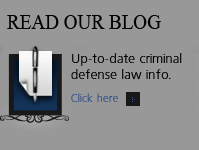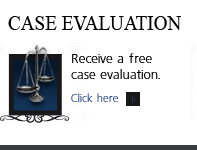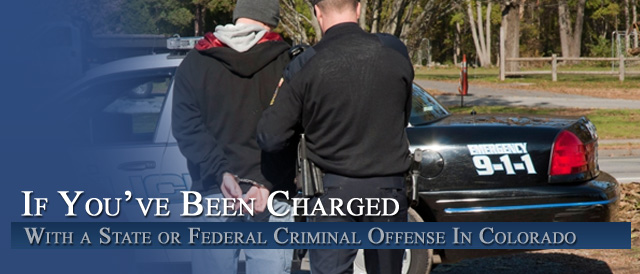


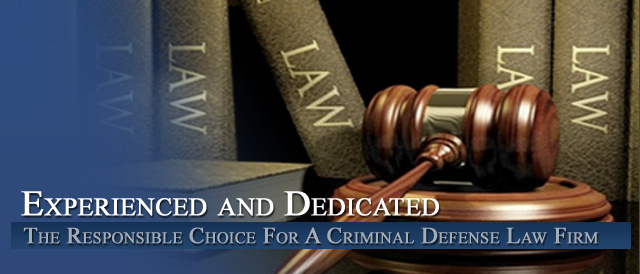
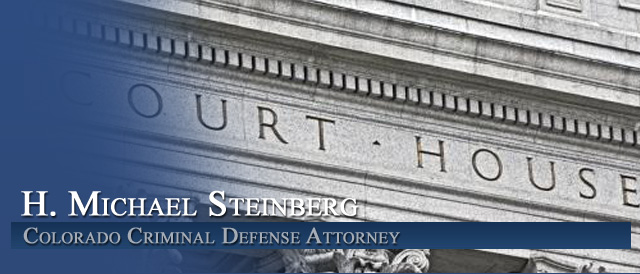
MOTIONS FOR A MISTRIAL: WHAT IT MEANS DURING THE TRIAL TO ASK FOR A MISTRIAL AND A NOTE ON HUNG JURIES
A declaration of a mistrial is an order that terminates a trial before a verdict is rendered. A mistrial may be granted upon motion of the prosecutor, the defense counsel or sua sponte (i.e., by the court). The trial court has discretion to declare a mistrial at any point during the trial if it appears that because of irregularities or errors in the proceeding either party will not receive a fair trial. Generally, the grounds for a mistrial are based upon some prejudicial misconduct by the prosecutor, a witness, a juror, counsel for the defense, or the judge or upon some technical problem that would invariably cause a reversal on appeal.
In reviewing a trial court’s ruling on a motion for mistrial, appellate courts will generally defer to the discretion of trial courts to rule on a motion requesting the drastic remedy of a mistrial. A trial court’s decision will not be disturbed on appeal absent a gross abuse of discretion. Appellate courts assume that the trial court is in a better position to accurately gauge the effect of the error that gave rise to the request for a mistrial. A mistrial is appropriate only if the prejudice is so substantial that no other method remedies it. Relatively small errors are presumed harmless, particularly if the trial court gives a curative instruction.
If a defendant requests a mistrial, the defendant will normally be re-tried. When a mistrial is declared upon motion of the prosecution, the double jeopardy clause prohibits retrying the defendant unless the mistrial was declared due to “manifest necessity”. A mistrial by manifest necessity is declared when some occurrence in the trial renders it impossible for the substantial ends of justice to be obtained without discontinuing the trial. Manifest necessity encompasses those situations, substantial and real, which interfere with or retard the administration of honest, fair, evenhanded justice to either party. In such cases, a defendant can be retried because his right to have the trial concluded by a particular tribunal is subordinate to the public interest in affording the prosecutor one full opportunity to present his evidence to an impartial jury. However, before a trial judge declares a mistrial by manifest necessity, the court should weigh all of the available alternatives according to the circumstances of the case.
Declaration of mistrial by manifest necessity is exercised most frequently in the situation of a “hung” or deadlocked jury. Re-prosecution of the defendant is not barred by the double jeopardy doctrine because the retrial of a mistrial resulting from a deadlocked jury is not considered to have placed the defendant in jeopardy of being tried twice for the same crime.
In determining whether to declare a mistrial when a jury is unable to reach a unanimous verdict, the trial court should consider the following factors:
- The collective opinion of the jury that it cannot agree upon a verdict;
- The length of the trial;
- The complexity of the issues;
- Length of time that the jury has been deliberating;
- Whether the defendant has made a timely objection to a mistrial;
- The effects of exhaustion or coercion upon the jury.
There is no absolute rule declaring what factors should exist before a mistrial is declared, and the trial court has absolute discretion on this matter unless it appears to have been grossly abused. However, a deadlock of the jury must actually be found. If a trial judge fails to summon the jury and counsel into the open court to determine, as a matter of fact, that the jury is hopelessly deadlocked before declaring a mistrial, retrial of the defendant will be barred by the double jeopardy clause.
Defense counsel may move for a mistrial during the trial whenever there has been an occurrence that would preclude a fair consideration of the case by the jury, or would otherwise interfere with the fair and even-handed administration of justice. However, when a defendant requests or consents to a mistrial, even when necessitated by prosecutorial or judicial error, the double jeopardy clause will not protect the defendant from being retried unless there has been an act of overreaching by the prosecutor or judge. The U.S. Supreme Court defined overreaching as the prosecutor’s or judge’s intent to “goad” the defendant into moving for a mistrial. There is also authority that overreaching encompasses the “grossly negligent” commission of trial error by the judge or prosecutor. The Colorado Supreme Court has recognized this argument under the Colorado constitution.
Other Articles of Interest:

